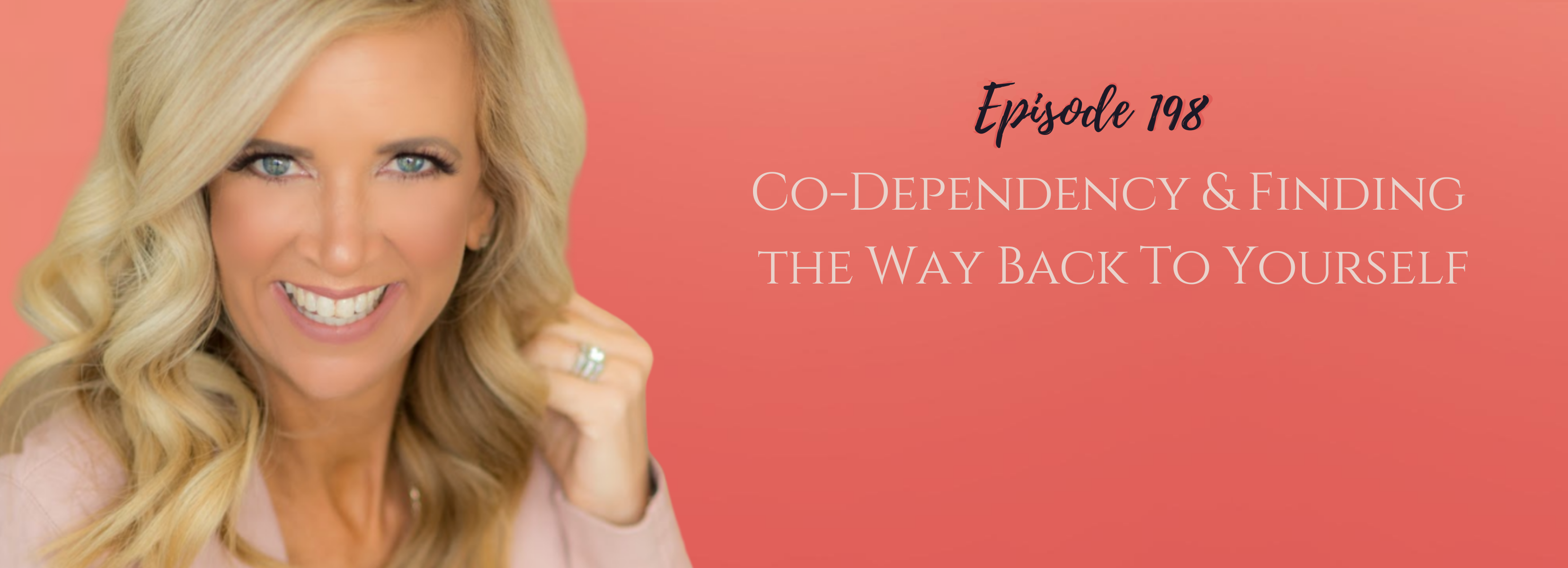
Co-Dependency & Finding the Way Back To Yourself with María-Victoria Albina, NP, MPH| 02.01.2023
In this episode, Kristen talks with María-Victoria Albina, NP, MPH. Victoria is a holistic nurse practitioner, master certified life coach, breathwork facilitator, about codependency, how it impacts our nervous system, how to break free from looking to others for your acceptance and how to reconnect with yourself and your body.
You'll Learn
- How Victoria started on her journey through co-dependency
- Characteristics of co-dependency
- The role your nervous system plays in trauma and co-dependency recovery
- Some helpful tips and resources for changing co-dependency patterns
Resources
For counseling services near Indianapolis, IN, visit www.pathwaystohealingcounseling.com.
Subscribe and Get a free 5-day journal at www.kristendboice.com/freeresources to begin closing the chapter on what doesn’t serve you and open the door to the real you.
Subscribe to the Close the Chapter YouTube Channel
This information is being provided to you for educational and informational purposes only. It is being provided to you to educate you about ideas on stress management and as a self-help tool for your own use. It is not psychotherapy/counseling in any form.